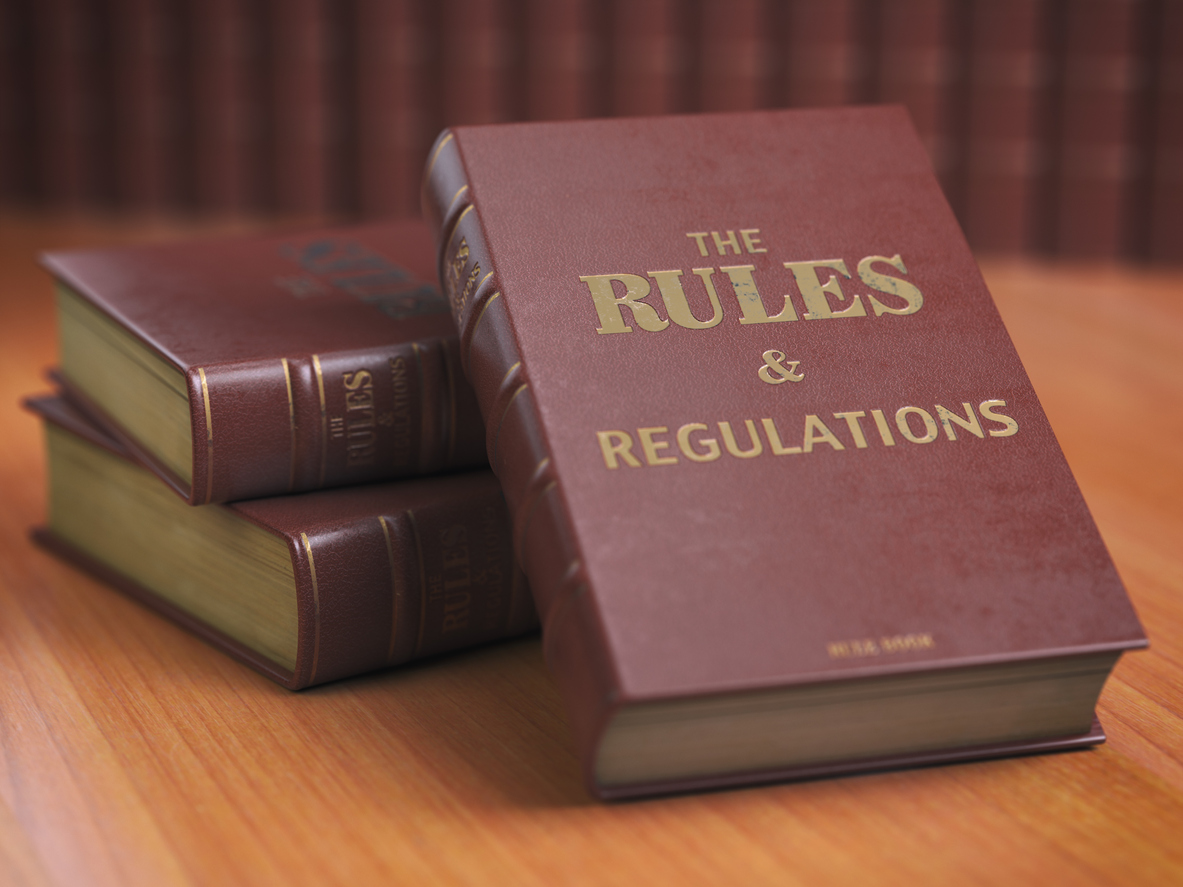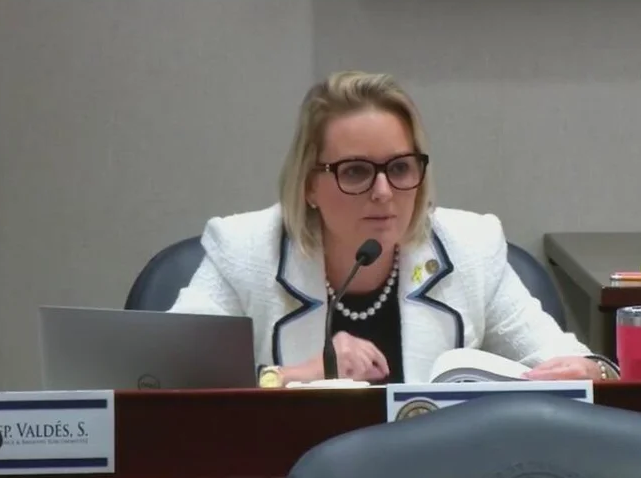The Florida legislature recently passed a sweeping property insurance bill that severely limited the ability of policyholders to sue their own insurance companies for wrongful claims conduct and took away a 100-year-old law requiring the losing insurance company to pay the policyholder’s attorney fees. To put lipstick on this pig of legislation, the legislature added language allegedly making it easier for the insurance commissioner to request a Market Conduct Examination of a property insurance company’s claims practices. While some policyholders may think this helps, the insurance industry knows that market claims examinations have little impact on curbing significant wrongful claims practices.
Insurance Law Professor Jay Feinman published a paper on this topic: The Regulation of Insurance Claim Practices.1 This is the same professor who wrote the book Delay, Deny, Defend, which I noted in a post, How to Stop Delay, Deny, Defend.
Feinman first notes that most regulations of insurance company claims practices are vague:
The insurer’s duties with respect to a claim are vague, and the policyholder is poorly situated to monitor its performance of those duties.
Ex ante, the details of the company’s obligation are not specified in the policy. A typical HO-3 homeowners policy, for example, only requires the company to pay claims within sixty days of agreement or adjudication and to participate in appraisal; otherwise, it delineates no duties concerning processing of a claim. The homeowner, by contrast, is subject to eight specified duties, including prompt notice, cooperation in investigation, and submission of proof of loss. Indeed, it would be hard to specify the insurer’s duties because they necessarily rest on vague concepts such as promptness and reasonableness. As expressed in the Model Unfair Claims Settlement Practices Act, for example, a company must ‘adopt and implement reasonable standards for the prompt investigation and settlement of claims arising under its policies.’ Even when a statute appears to narrowly specify a duty, the specification is usually qualified by a vague term.
Vagueness always invites insurance companies to provide excuses for underpayment and late payment. What exactly is “reasonable?”
These standards are not enough without enforcement. Feinman makes the case that the motivation for enforcement to prevent wrongful claims practice is the key problem:
Currently there are numerous claim practices standards, some mandated by statute or administrative rule and others from common law. The NAIC’s Model Unfair Claims Settlement Practices Act, some version of which has been adopted in nearly every state, contains many standards, some general, some specific, and some in between. Other statutes also set standards: for example, many states have enacted statutes that require payment of claims within specified time periods, and others have enacted statutes that more generally prohibit a company to ‘unreasonably delay or deny payment of a claim,’ with unreasonableness defined when ‘the insurer delayed or denied authorizing payment of a covered benefit without a reasonable basis for that action.’ Some statutory standards are focused on potentially problematic elements of the claim process: California, for example, requires that the policyholder be furnished on request a copy of all claim-related documents and prohibits insurance companies from paying adjusters any part of their compensation based on the amount for which they settle claims.
Setting standards for claim practices by itself may contribute to adherence to those standards by insurers. Setting the standards clarifies expectations about behavior, and insurers’ institutional cultures may adopt the standards as internal norms. But that effect is limited. The basic principle of government regulation is that more is required. Outside entities, either regulators or private litigants or both, must have the incentive and mechanisms to enforce the standards, and the sanctions and remedies available to them must be sufficient to induce compliance by insurers.
Feinman and others criticize the current regulatory scheme by the departments of insurance:
Robert Klein, one of the most widely published scholars of insurance regulation, concurs and comments that MCEs disserve the public as well as insurers: ‘Currently, the states subject insurers to extensive, duplicative and costly examinations that focus too much on minor errors and too little on major patterns of abuse. In other words, regulators ‘miss the forest for the trees.’
…
In Klein’s metaphor, the New Jersey experience suggests that too often MCEs focus on the trees rather than the forest, and not particularly tall trees at that.
Enforcement seems directed at activities other than the insurance company claims departments:
Even in those jurisdictions with significant penalties available, their use in claim practices cases is arguably insufficient. As with market-conduct examinations, a national survey of enforcement actions is needed to demonstrate the full scope of administrative enforcement of claim practices standards. But again, one state’s experience may be a useful example. During 2013 the Insurance Division of the New Jersey Department of Banking and Insurance issued 123 consent orders, final orders, and orders to show cause. Of these, 118 were directed at insurance agents, public adjusters, bail bondsmen, and the like; only three were directed at insurers. Two of the actions against insurers were for selling health-benefit plans that did not comply with the law, and only one concerned claim practices; Aetna Health was fined $ 850,000 for improperly delaying and denying claims and misinforming consumers.
Accordingly, wrongful claims practices continue in part because of regulatory failure:
The failure of administrative regulation to substantially improve the market for claim practices or to improve claim practices through direct enforcement presents a paradox: insurance may be the most highly regulated industry in the United States, but regulators have not performed very well in this area. In fact, insurance regulators do very well in ensuring the solvency of companies, reasonably well in controlling the rates companies charge, and not at all well in regulating insurers’ market conduct, including their claim practices. Many factors produce these results, but a plausible hypothesis is that insurance regulation is most effective where the public interest and industry interests align and least effective where those interests conflict. In solvency regulation, regulators protect the public against financially insecure insurers while solving a collective action problem for insurers. Insolvency often results from collecting premiums that are too low or taking risks that are too great, and if one insurer does that, others must race to the bottom in order to compete. Even insurers that are able to resist are disadvantaged because the failure of one company diminishes the public’s faith in all insurance companies and reduces the demand for all insurers’ products. Where there is the strongest conflict between the public interest and industry interests, regulation is weaker and less effective, and surely the conflict is strongest in the regulation of claim practices.
Feinman suggests that private litigation with policyholders who have personal motivation to prove the wrongful claims practices may help regulate bad acting insurers:
The same holds true for the problem of controlling the risk that insurers will violate claim practices standards. The market fails to adequately control that risk, so regulation is needed. Administrative regulation would not be completely effective in theory and is largely ineffective in practice. Therefore, private litigation is needed to serve a regulatory function as well.
So, what did the Florida insurance industry do knowing that insurance regulations against wrongful claims practices are ineffective and that the only alternative is private “bad faith” litigation? It successfully lobbied to make the private litigation much more prolonged before those actions can be brought and more difficult to prove. In effect, the Florida legislature passed new laws making it an “open season” on policyholders who purchased insurance from bad acting insurance companies.
Laws need effective enforcement by those who are motivated to enforce obligations and with the resources to do so. I often say that much can be accomplished by those with the inclination and the means.
The question for insurance regulators who are sincere in protecting property insurance consumers is how they can make more specific property claims adjustment regulations. Then, they have to find the means to train and motivate enough personnel to actively monitor and enforce those more appropriate claims practice regulations.
I strongly suggest those interested in learning more about why insurance regulations and market conduct examinations regarding wrongful claims conduct have been ineffective thoroughly read Professor Jay Feinman’s article and purchase his book.
Thought For The Day
One of the greatest delusions in the world is the hope that the evils in this world are to be cured by legislation.
—Thomas Reed
1 Jay M. Feinman, The Regulation of Insurance Claim Practices, 5 U.C. Irvine L. Rev. 1319 (2015). Available at: https://scholarship.law.uci.edu/ucilr/vol5/iss6/4




